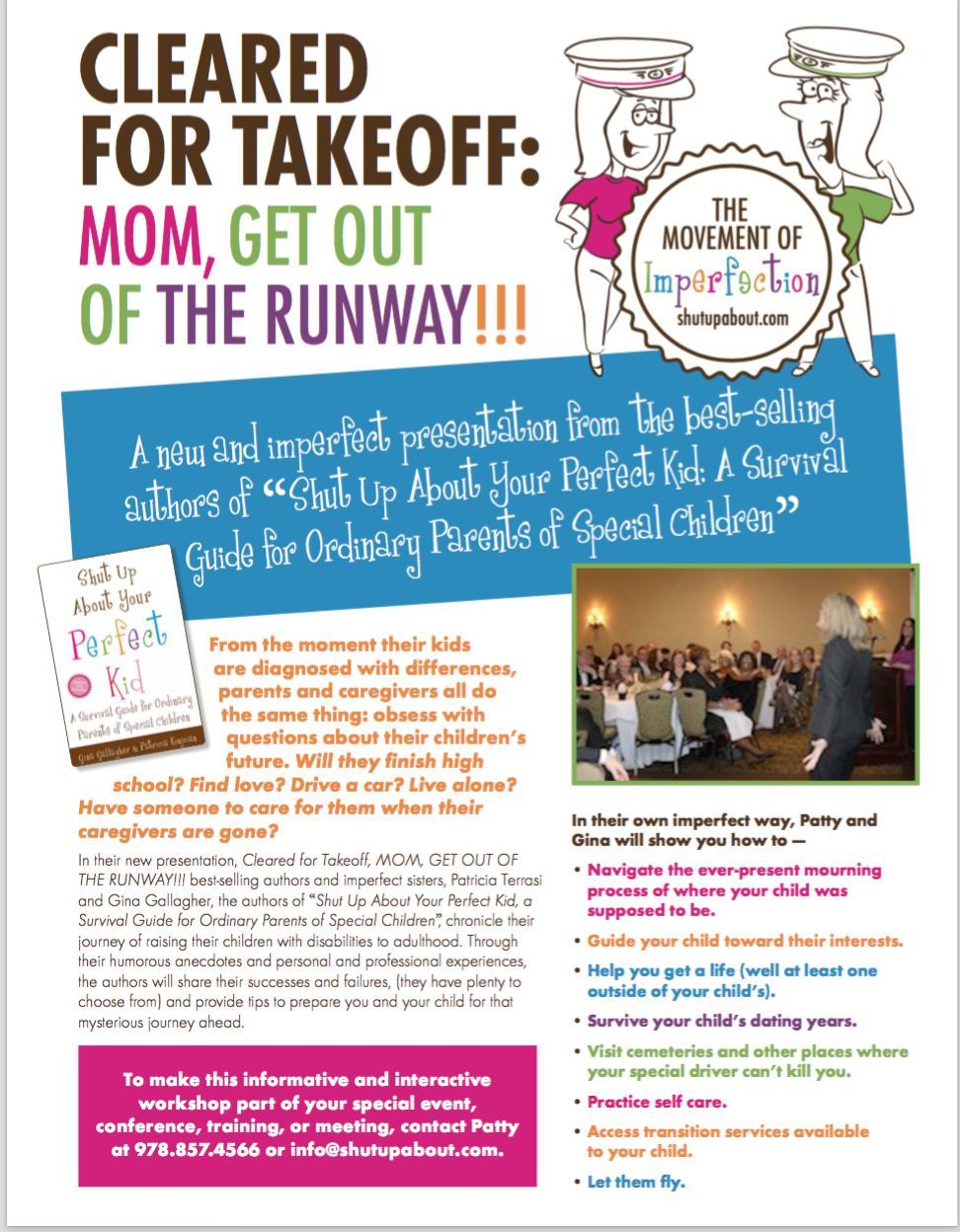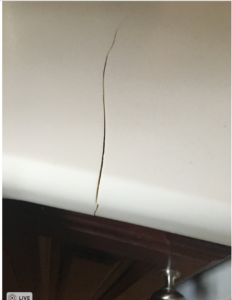
“I don’t think it’s bacterial meningitis. With that, people get progressively sicker and die,” said the handsome young doctor.
“Wwwwwhat did you say?” I stuttered, looking frantically at my tiny, soon-to-be 21-year-old daughter, Katie, groaning beside me in her hospital bed with an IV hooked up to her pale, and scarily thin arms.
We had arrived in the Emergency Room just an hour earlier. Katie, home for Spring Break (You know that time when carefree college students jet off to tropical locales like Punta Cana and Cancun?) had arrived home extremely sick with nausea, fever, headache, and severe neck pain. Concerned, I did what I have always done when my kids are ill – called the pediatrician.
“Is Katherine there with you? May I please talk to her?” the pediatrician asked.
“She’s really sick and doesn’t want to talk.”
“Mrs. Gallagher, your daughter is an adult and I need her permission to speak to you.”
Hmmm, this never happened before. Flustered, I helped Katie sit up and handed her my phone.
“Hello, doctor. Yes, this is Katie Gallagher. I’m really sick. You can talk to my mother, OK?” she weakly replied, handing me back my now germ-infested iPhone and burrowing herself under a blanket.
After relaying Katie’s symptoms and sharing my own diagnosis (I’m no doctor, but I play one on the Internet), the doctor instructed me to take Katie straight to the Emergency Room.
When we arrived, I was quite familiar with where to go, since this wasn’t my first ER Rodeo. Over the years, I had visited many times with my daughters and nieces who had their share of ear infections, flus, and fingers caught in toy video cameras. In fact, as I looked at the renovated waiting room, I couldn’t help but feel pride thinking, “Yup, we built that.”
I had instructed Katie to lie down in the waiting room while I registered her. There, I got another surprise. “Mrs. Gallagher, your daughter needs to come in; She’s an adult.”
“Oh right,” I said, silently checking the math in my head. (Well 2016 minus 1995, the year of her birth… I guess she is an adult.)
Katie slumped down in the chair and proceeded to answer all the questions she was asked in her Katie-like, no-nonsense manner.
“Yeah, yeah. That’s our address.”
“Yeah, we have United Healthcare. It stinks,” she said.
The clerk then asked for a signature. Just as I reached into my purse for my ballpoint pen, the clerk slid forms in front of Katie. Wait! What?
Five minutes later, when we were promoted to triage, Katie again took center stage answering the questions.
“Is there any chance you could be pregnant?” the nurse asked.
“Bwwhahahaha! Ahhhh no,” Katie laughed slapping her knee.
Hmmm, there’s a question we’ve never been asked.
When Katie was finally taken back to the Emergency Room (several minutes and 35 magazines later), I was further excluded when the doctor addressed Katie and not me. I wanted to stand up and say, “Ah Hello? Yoohoo. Over here, the lady with the gray hair and wrinkles. I’m her mother, the woman who makes all her decisions.”
What was even more troubling was that the doctor wasn’t using friendly, soothing terms. Instead of words like “boo-boo” and “tummy ache,” he talked about catheters, CT scans, dehydration, IVs, spinal taps, Lyme disease, and bacterial meningitis. I wanted to lunge over to Katie and block her ears, but then I remembered that this was her right; she was an adult and her own guardian and any medical decisions were hers to make. Not a good feeling for a control freak, special needs mother used to protecting, advocating, and hovering over her kid for her whole life.
When the doctor talked about the seriousness of her condition and the prospect of deadly meningitis, I half-expected Katie to break down, but instead she asked a very good question: “How will you know if I do have it?”
“Well, we’ll run some preliminary tests and depending on those, we might have to do a spinal tap or lumbar puncture.”
Katie pulled the hospital covers up to her neck and very politely said, “OK thank you very much, doctor.” Then, after a few seconds, when the gravity of the situation hit her, the little girl returned. “Mommy, that’s gonna hurt. I don’t like needles.”
Brushing back her hair from her warm forehead, I turned to her and said, “It’s OK Sweetie. You probably won’t have to have it. And if you do, I’ll be right here with you to hold your hand.”
And that’s all I could do two hours later when I watched the doctor pull out what appeared to be the Space Needle to put in my little girl’s small back. A worried Katie, peppered him with questions.
“Is it gonna hurt?”
“How long will it take?”
“Can you please tell me when it’s going in?”
“Will I be sore afterwards?”
Then she turned on her side, reached for my hand, and looked up at me with her sad, big blue eyes, just as she had done when she was a child bracing for a shot. I was ready to pull out my tissues and blot the tears and quiet the shrills that would invariably come. But instead, she closed her eyes, squeezed my hand, and quietly winced, “Aggghhh! Agggghh! Oh my God this kills!”
No crying. No screaming. No thrashing. (Well, not on her part. I was a different story, as my eyes flooded with tears, watching my sweet baby in pain).
That’s when it truly sunk in; my little girl really was an adult. And a pretty brave, bright, and meningitis-free one (phew!) who is capable of managing her life decisions, despite my best attempts to baby her.
“God Ma, this Spring Break sucks!”
“Katherine Lynn! I don’t like you swearing. Do I have to wash that potty mouth out with soap?”





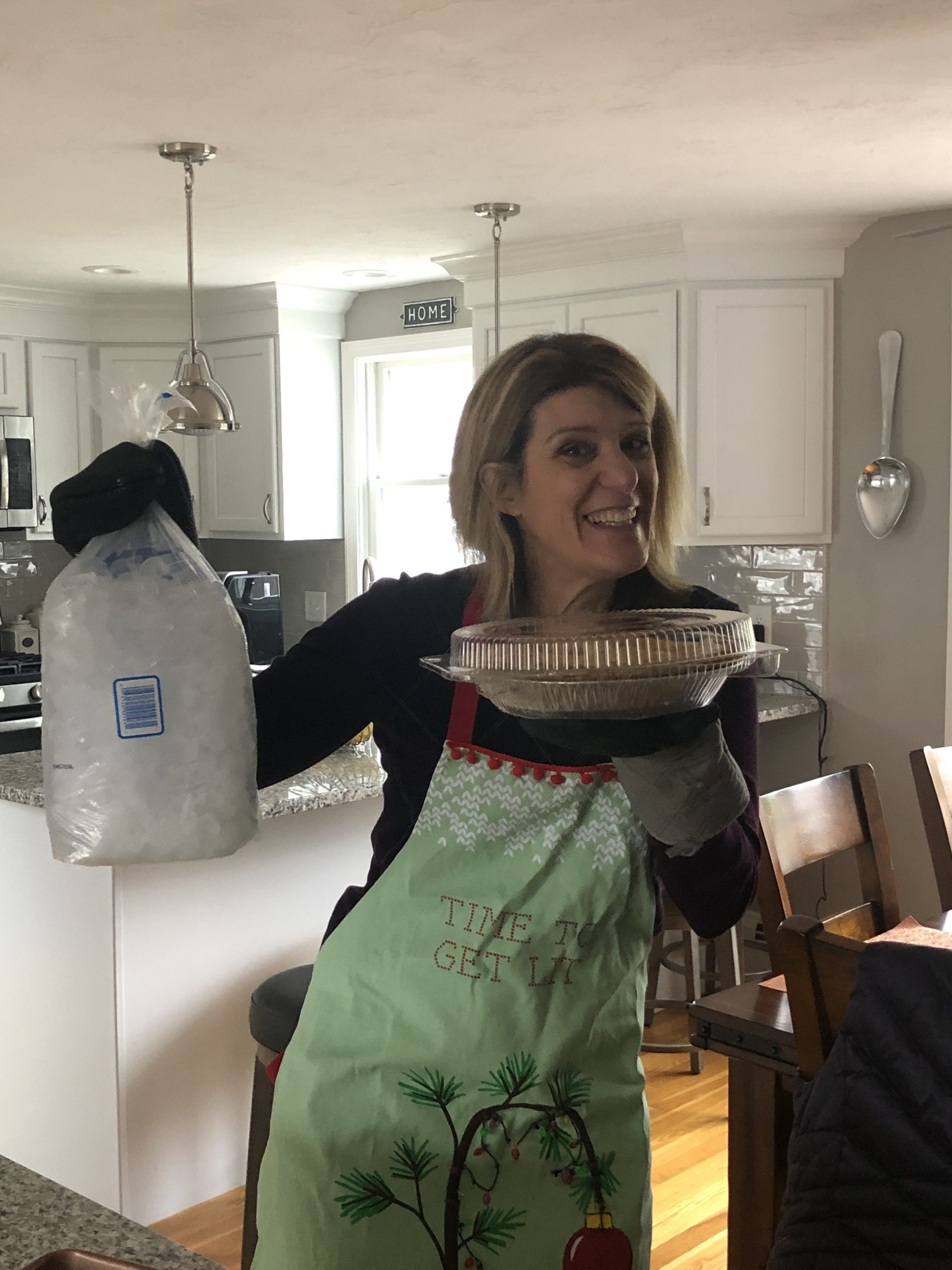


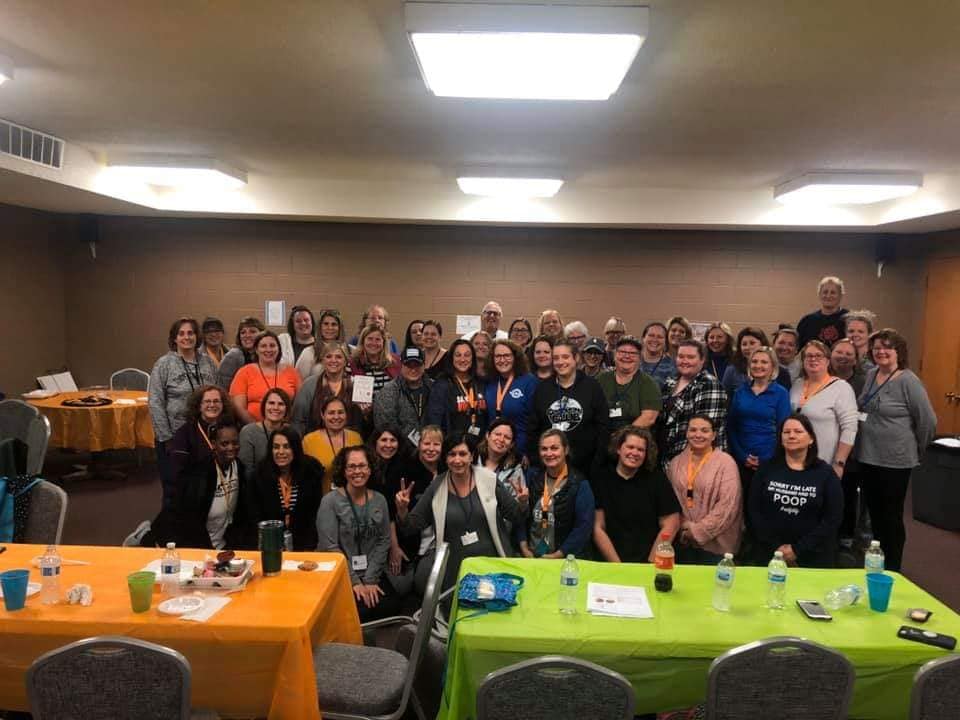
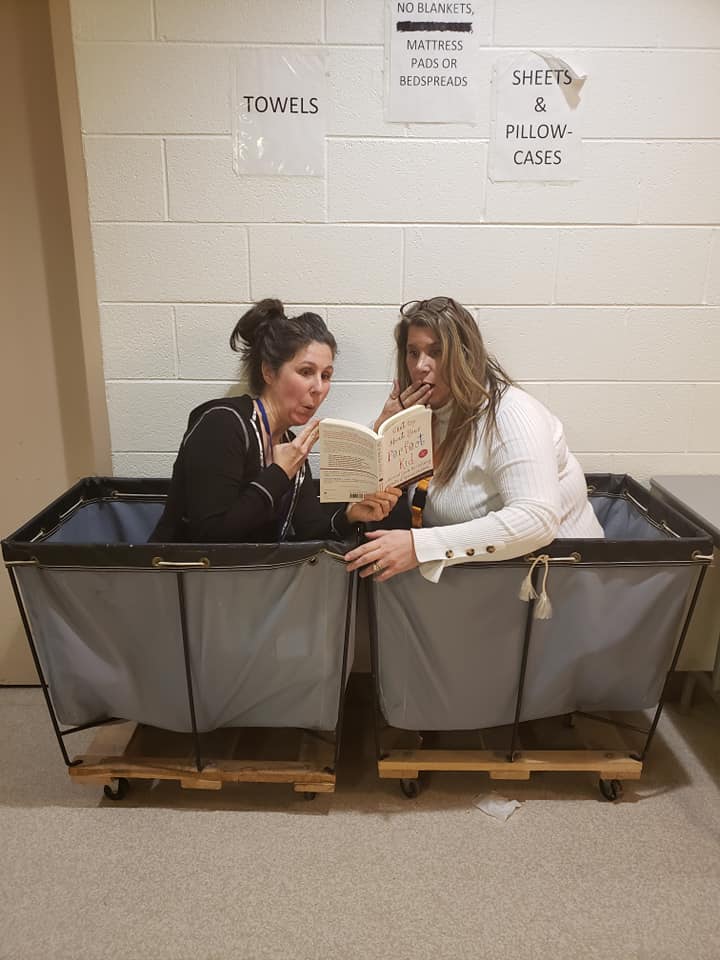
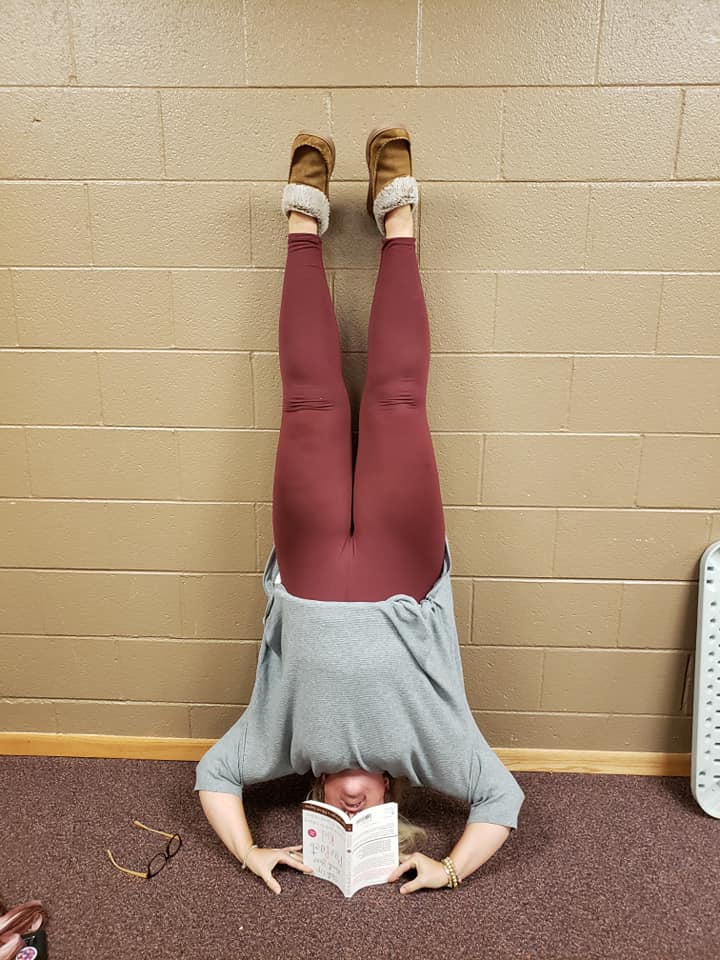
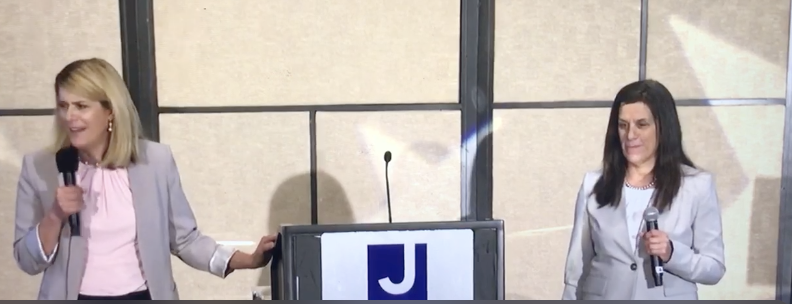

 Breaking news in the World of Imperfection! Shut Up Daughter, Katie, one of the inspirations for our book, Shut Up About Your Perfect Kid, recently completed all the requirements needed to earn her Bachelor’s degree from Westfield State University.
Breaking news in the World of Imperfection! Shut Up Daughter, Katie, one of the inspirations for our book, Shut Up About Your Perfect Kid, recently completed all the requirements needed to earn her Bachelor’s degree from Westfield State University. The holiday season is here! And imperfect parents from around the globe are reviewing their children’s holiday gift lists and checking them twice…three times…and again…to ensure they are reading them correctly. Because as many parents know, special needs children are quite clever and creative when it comes to their holiday wish lists. And in keeping with our imperfect holiday tradition, we are including some of our favorite items on the 2017 Imperfect Holiday Gift List as shared by members of our
The holiday season is here! And imperfect parents from around the globe are reviewing their children’s holiday gift lists and checking them twice…three times…and again…to ensure they are reading them correctly. Because as many parents know, special needs children are quite clever and creative when it comes to their holiday wish lists. And in keeping with our imperfect holiday tradition, we are including some of our favorite items on the 2017 Imperfect Holiday Gift List as shared by members of our 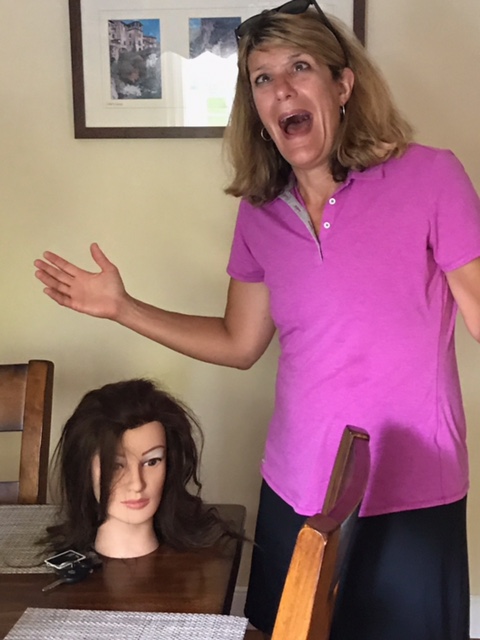


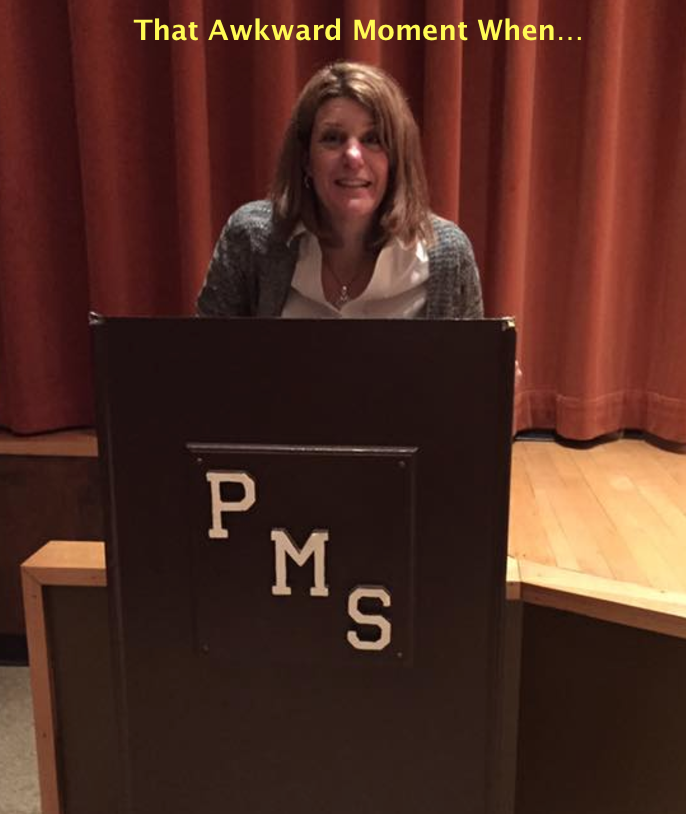

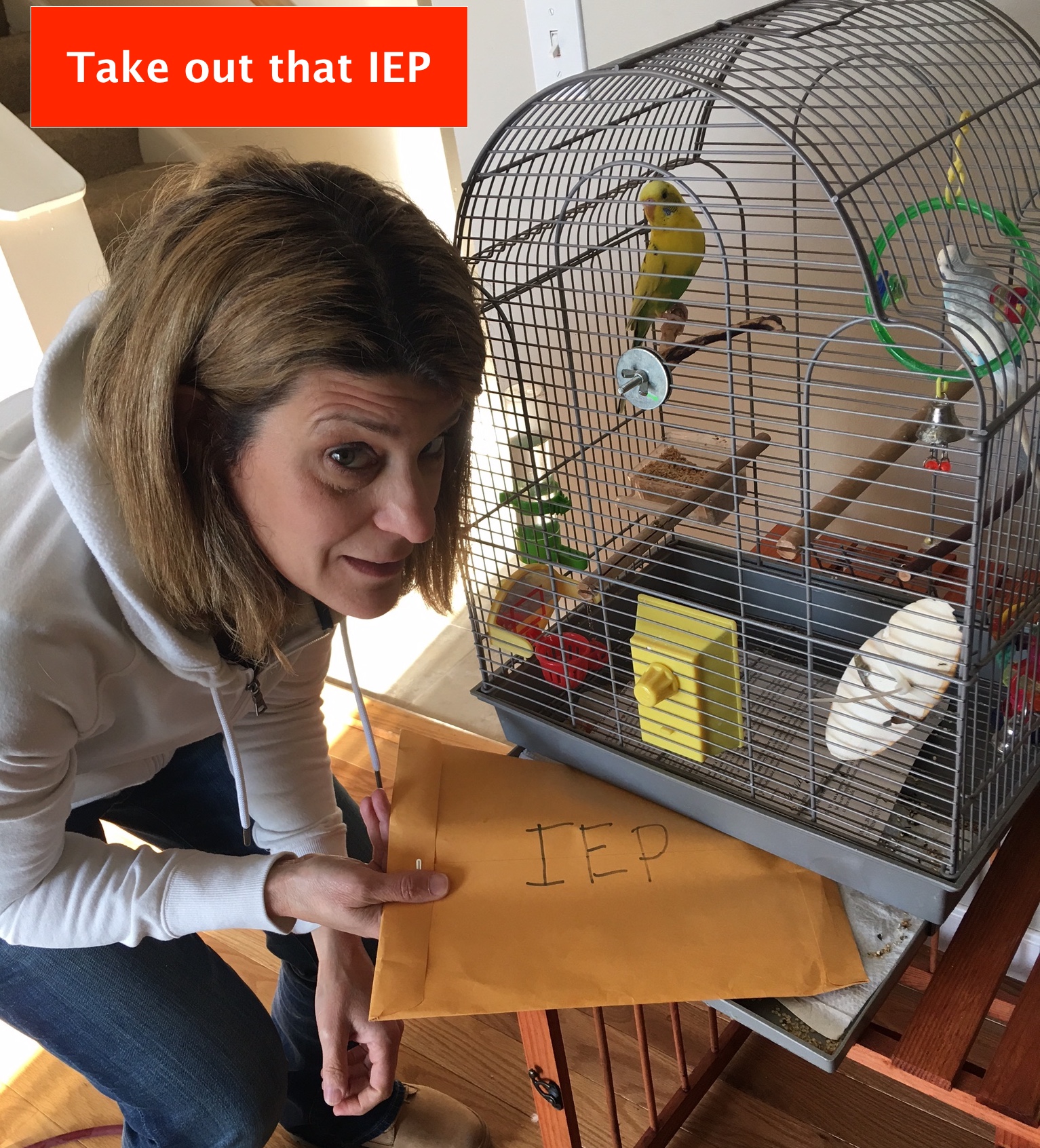 2016 is gone at last. And sadly, even though we’re only a few days into the new year, so too, are most of our sisterly resolutions for self-improvement.
2016 is gone at last. And sadly, even though we’re only a few days into the new year, so too, are most of our sisterly resolutions for self-improvement.  n a teacher called to say that one of my daughters was dressed inappropriately. “Oh no! The teacher’s gonna think Katie’s being raised by a stripper.”
n a teacher called to say that one of my daughters was dressed inappropriately. “Oh no! The teacher’s gonna think Katie’s being raised by a stripper.” Those who don’t understand them may consider them quirky, different, even strange at times. But there’s one thing special kids can never be called…dull. As their parents know all too well, special kids have very unique outlooks on life. And that fact is no more evident than during the gift-giving holiday season.
Those who don’t understand them may consider them quirky, different, even strange at times. But there’s one thing special kids can never be called…dull. As their parents know all too well, special kids have very unique outlooks on life. And that fact is no more evident than during the gift-giving holiday season. 


 Gina: Cynthia, why do so many special parents become neurotic at the start of the school year?
Gina: Cynthia, why do so many special parents become neurotic at the start of the school year?